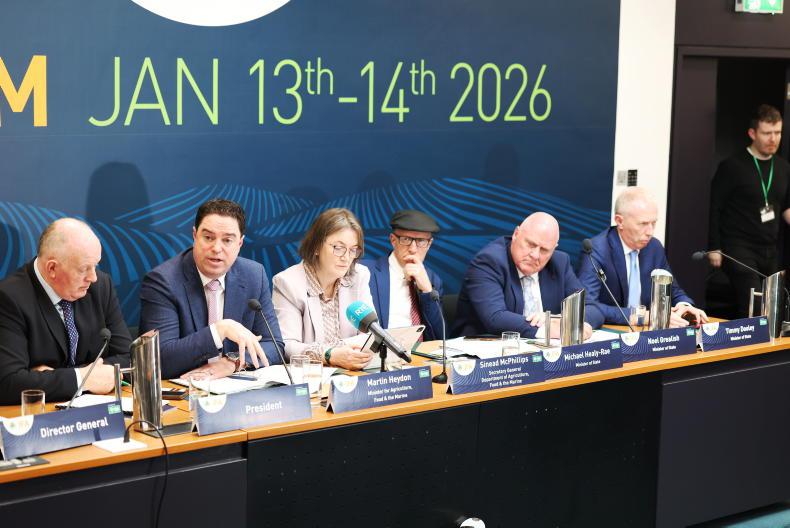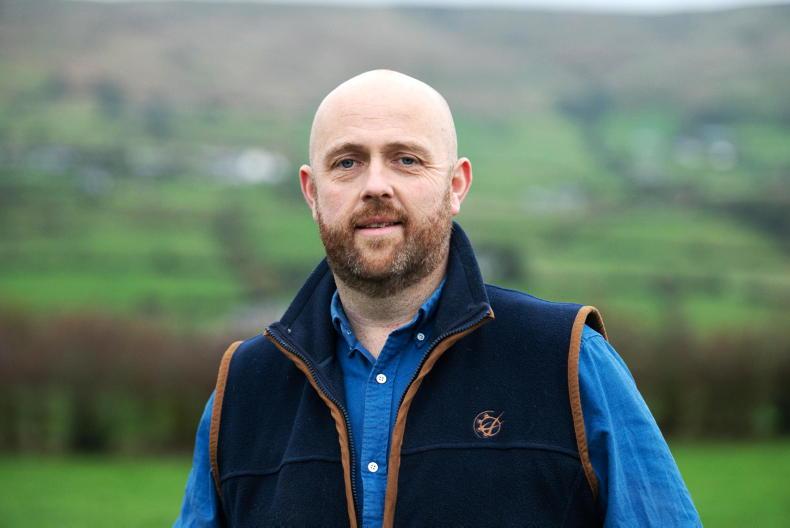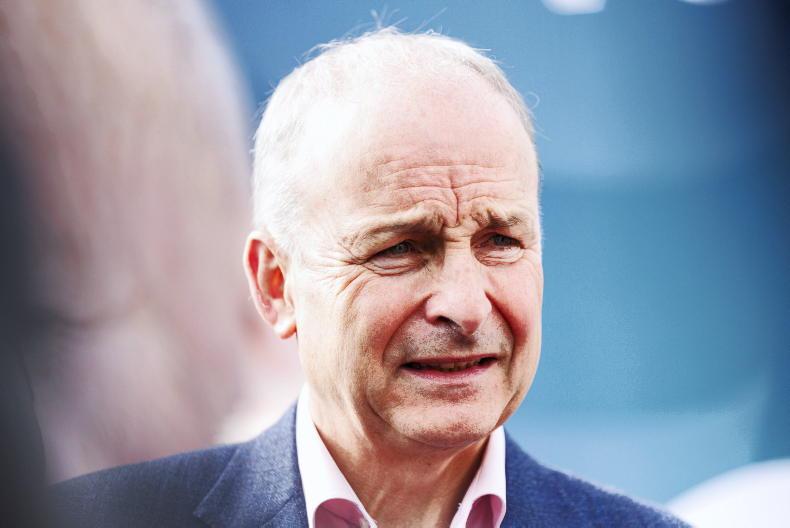There are aspects of the proposed EU nature restoration law that go “too far”, An Taoiseach Leo Varadkar has said.
He pointed to areas of the proposed Nature Restoration Law that could take farmland out of production as an example of an overreach in the plans after the issue was raised in Dáil Éireann by Independent TD Mattie McGrath.
“We all understand the need to protect nature, restore biodiversity loss and allow nature to regrow, but there are aspects of it that go too far, particularly if it comes to taking agricultural land out of use for food production,” an Taoiseach said.
“I share concerns people have across rural and urban Ireland about some aspects of it going too far and not fully recognising how we use land in Ireland.”
The Fine Gael leader said that Dáil will be given time to debate the proposals next week, asking that TDs come forward with suggestions on how the proposals “can be improved and what compromises can be made”.
Minster for Agriculture Charlie McConalogue has stated that if the EU council of ministers plans to reduce targets from those originally proposed, Ireland can fully meet its rewetting targets on State land right up to 2050.
However, this will be dependent on the European Commission and European Parliament agreeing to drop the law’s peatland targets.
The Minister said that any rewetting impacts to farmland adjoining areas of peatland rewet by state agencies or other farmers will have to be “accommodated and considered” when the law is rolled out.
On Tuesday, the European Parliament’s agriculture committee rejected the proposals outright, by 30 votes to 16. The impact of the vote on the passing of the proposed law will not be known until the Parliament’s environment committee and all MEPs vote on the proposals, which both votes expected over the coming weeks.
Of the three Irish MEPs on the committee, Colm Markey and Chris MacManus voted to reject the law, while Luke ‘Ming’ Flanagan voted against its rejection, but voiced concerns on the “botched implementation” of previous EU environment rules.
Independent MEPs Mick Wallace and Clare Daly backed the proposals, along with Ireland’s two Green MEPs.
Daly said this week that there are “viable forms of agriculture on rewetted lands”, giving the examples of “different types of water buffalo that have been brought into Ireland, blueberries, cranberries and so on”.
Read more
Rewetting targets can be met from State-owned lands - McConalogue
Kelleher welcomes council of ministers' push to reduce EU rewetting targets
Glaring lack of clarity with planned 2024 EU nature law
There are aspects of the proposed EU nature restoration law that go “too far”, An Taoiseach Leo Varadkar has said.
He pointed to areas of the proposed Nature Restoration Law that could take farmland out of production as an example of an overreach in the plans after the issue was raised in Dáil Éireann by Independent TD Mattie McGrath.
“We all understand the need to protect nature, restore biodiversity loss and allow nature to regrow, but there are aspects of it that go too far, particularly if it comes to taking agricultural land out of use for food production,” an Taoiseach said.
“I share concerns people have across rural and urban Ireland about some aspects of it going too far and not fully recognising how we use land in Ireland.”
The Fine Gael leader said that Dáil will be given time to debate the proposals next week, asking that TDs come forward with suggestions on how the proposals “can be improved and what compromises can be made”.
Minster for Agriculture Charlie McConalogue has stated that if the EU council of ministers plans to reduce targets from those originally proposed, Ireland can fully meet its rewetting targets on State land right up to 2050.
However, this will be dependent on the European Commission and European Parliament agreeing to drop the law’s peatland targets.
The Minister said that any rewetting impacts to farmland adjoining areas of peatland rewet by state agencies or other farmers will have to be “accommodated and considered” when the law is rolled out.
On Tuesday, the European Parliament’s agriculture committee rejected the proposals outright, by 30 votes to 16. The impact of the vote on the passing of the proposed law will not be known until the Parliament’s environment committee and all MEPs vote on the proposals, which both votes expected over the coming weeks.
Of the three Irish MEPs on the committee, Colm Markey and Chris MacManus voted to reject the law, while Luke ‘Ming’ Flanagan voted against its rejection, but voiced concerns on the “botched implementation” of previous EU environment rules.
Independent MEPs Mick Wallace and Clare Daly backed the proposals, along with Ireland’s two Green MEPs.
Daly said this week that there are “viable forms of agriculture on rewetted lands”, giving the examples of “different types of water buffalo that have been brought into Ireland, blueberries, cranberries and so on”.
Read more
Rewetting targets can be met from State-owned lands - McConalogue
Kelleher welcomes council of ministers' push to reduce EU rewetting targets
Glaring lack of clarity with planned 2024 EU nature law










SHARING OPTIONS